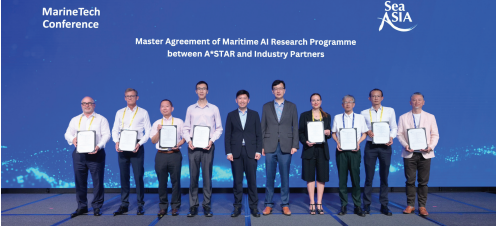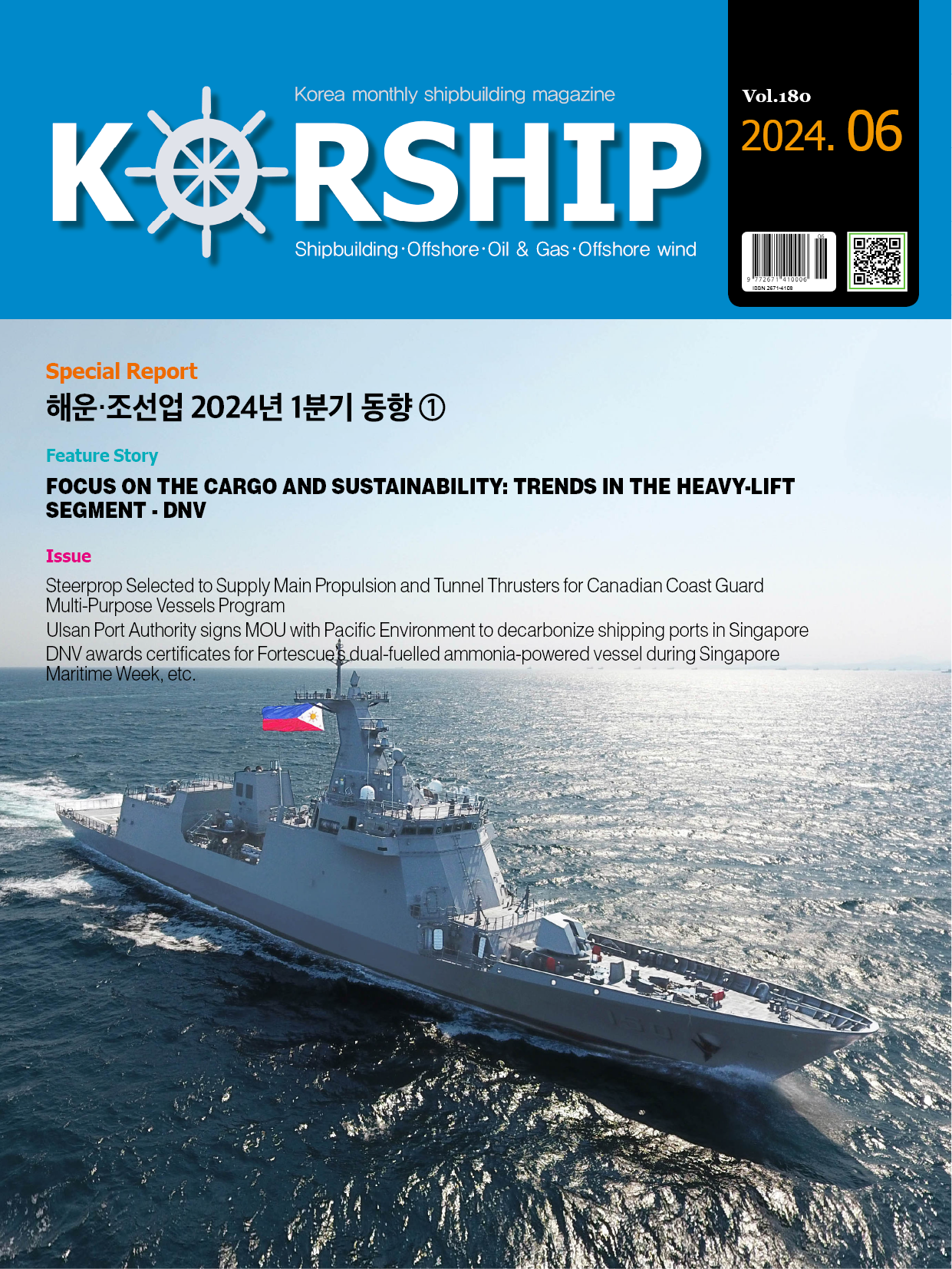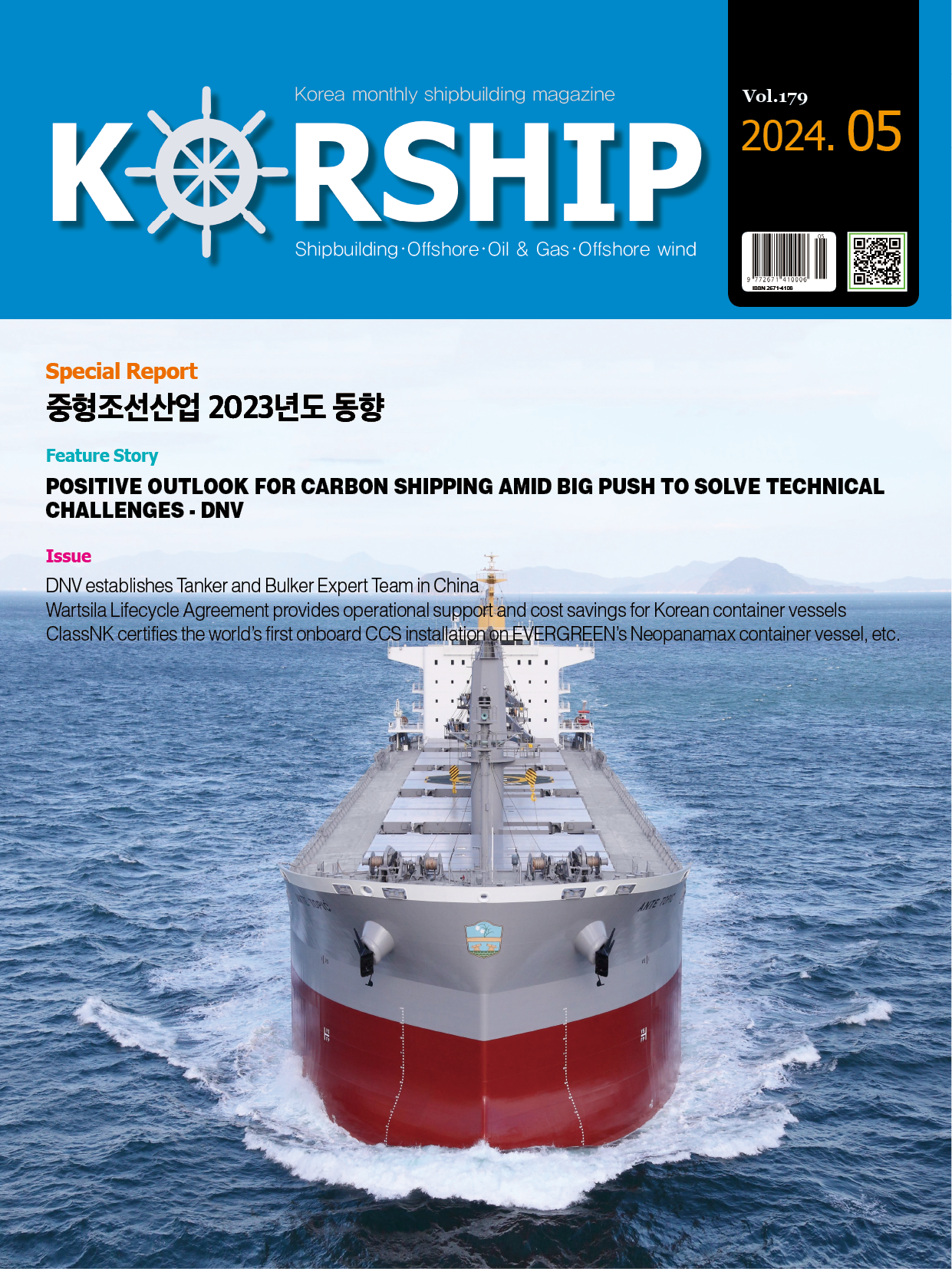Issue METIS, MTI and A*STAR in agreement on AI gains for Carbon Intensity In…
페이지 정보
작성자 최고관리자 댓글 0건 조회 1,301회 작성일 23-06-15 11:56본문

METIS Cyberspace Technology will be collaborating with MTI Co. Ltd. Singapore Branch and the Agency for Science, Technology and Research(A*STAR) in Singapore to advance the use of AI for the predictive modelling of ship emissions and carbon intensity indicator(CII) evaluation.
The undertaking is part of a master agreement framework for co-developing AI and other digital technologies announced during the MarineTech Conference as part of the Singapore Maritime Week, where A*STAR established a Centre for Maritime Digitalisation(C4MD). The C4MD is led by A*STAR’s Institute of High Performance Computing(IHPC). Signatories of the master agreement framework comprise: A*STAR, American Bureau of Shipping, Bureau Veritas Marine & Offshore, DNV, METIS Cyberspace Technology(Singapore) Pte Ltd, Nippon Kaiji Kyokai, MTI Co. Ltd., PSA Marine(Pte) Ltd and ShipsFocus Services Pte Ltd.
The METIS-MTI-A*STAR project will focus on the way AI-based solutions can help shipping adjust to the International Maritime Organization’s Carbon Intensity Indicator(CII). Entering into force from 1 January 2023, the CII rates ships on the basis of CO2 emissions by transport work from A to E, expecting them to achieve a C rating or better, or explain how they will do so. However, the relationship between the KPI and the factors determining ship behaviours has not been fully studied.
An owner establishing a CII rating, or how to improve it, can consider factors including adjusting a ship’s sailing time ratio, speed profile, voyage profile, hull and propeller condition, specific fuel oil consumption, electrical consumption, trim, draft, or an engine de-rating. Modelling based on AI offers the opportunity to consider ‘what-if’ scenarios and assess how new methodologies or technologies can be introduced to reduce emissions without compromising operational performance, said Polychronopoulou.












